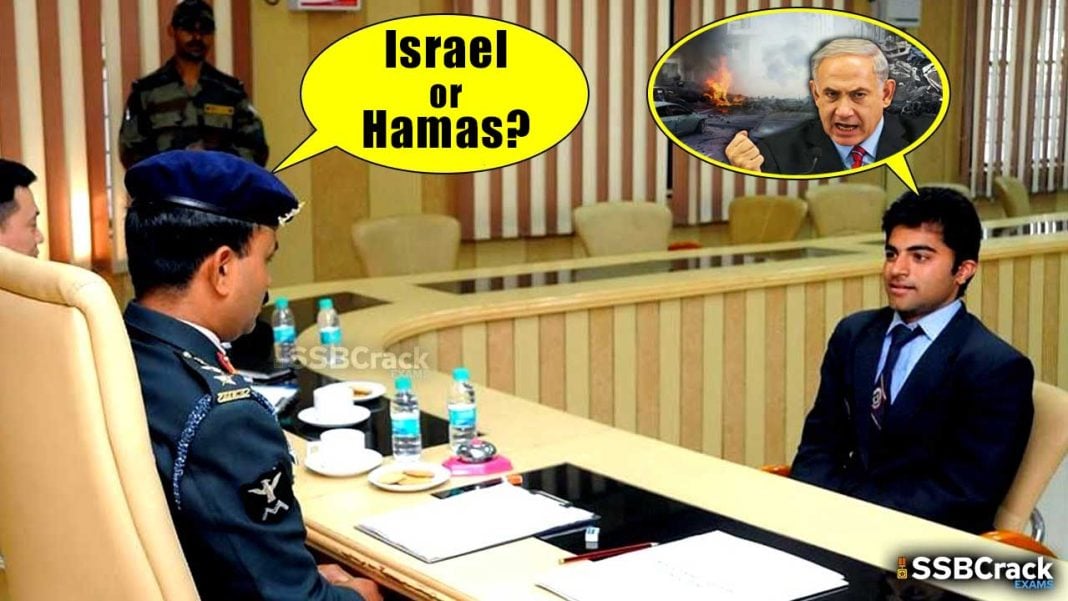11. Q: Why did the peace process stall after the 1990s?
A: A combination of factors, including violence (like the Second Intifada), political shifts in leadership, mistrust, and expansion of settlements, made negotiations difficult.
12. Q: What was the impact of the Second Intifada?
A: Occurring from 2000-2005, it was a period of intensified Palestinian-Israeli violence. It deepened mistrust, led to Israeli reoccupation of some PA-controlled areas, and saw the construction of the Israeli separation barrier.
13. Q: How do economic conditions factor into the conflict?
A: Economic disparities, blockades, and restrictions impact Palestinian livelihoods and can exacerbate tensions. Economic cooperation has been proposed as a peace-building measure.
14. Q: How do narratives and education influence perceptions in the conflict?
A: Both sides have distinct narratives, often taught from childhood, that emphasize their own historical and national claims while diminishing or negating the other’s.
15. Q: How have U.S. policies impacted the conflict?
A: The U.S. has been a key player, historically supporting Israel but also brokering peace deals. Its policies, which have varied under different administrations, significantly influence dynamics.
16. Q: Why is the right of return for Palestinian refugees a contentious issue?
A: Palestinians see it as a fundamental right based on UN resolutions. Israel fears that allowing all refugees to return would alter its Jewish demographic majority.
17. Q: What role does the International Criminal Court (ICC) play in the conflict?
A: The ICC investigates war crimes, crimes against humanity, and genocide. Both Palestinian and Israeli actions have been scrutinized, with Palestinians seeking investigations into Israeli conduct and Israel raising concerns over biases. Neither Israel nor the U.S. are state parties to the Rome Statute, which established the ICC, but Palestine joined in 2015, granting the court jurisdiction over alleged crimes in its territories.
18. Q: How does the Boycott, Divestment, Sanctions (BDS) movement aim to influence the conflict?
A: The BDS movement seeks to pressure Israel through economic and cultural boycotts, divestments, and sanctions to comply with international law and Palestinian rights. It’s controversial, with supporters seeing it as a peaceful resistance method, while critics view it as anti-Semitic or undermining the peace process.
19. Q: What’s the significance of the Abraham Accords?
A: Signed in 2020, the Abraham Accords normalized relations between Israel and several Arab countries, marking a significant shift in regional dynamics. While proponents say it promotes regional peace and counters Iranian influence, critics argue it sidesteps the Palestinian issue.
20. Q: How do technological advancements, especially in surveillance and defense, shape the conflict?
A: Technology, from Iron Dome (Israel’s missile defense system) to surveillance tech in the West Bank, affects security dynamics and the balance of power. While it can offer protection, it also raises concerns about privacy and human rights.






Vudesh